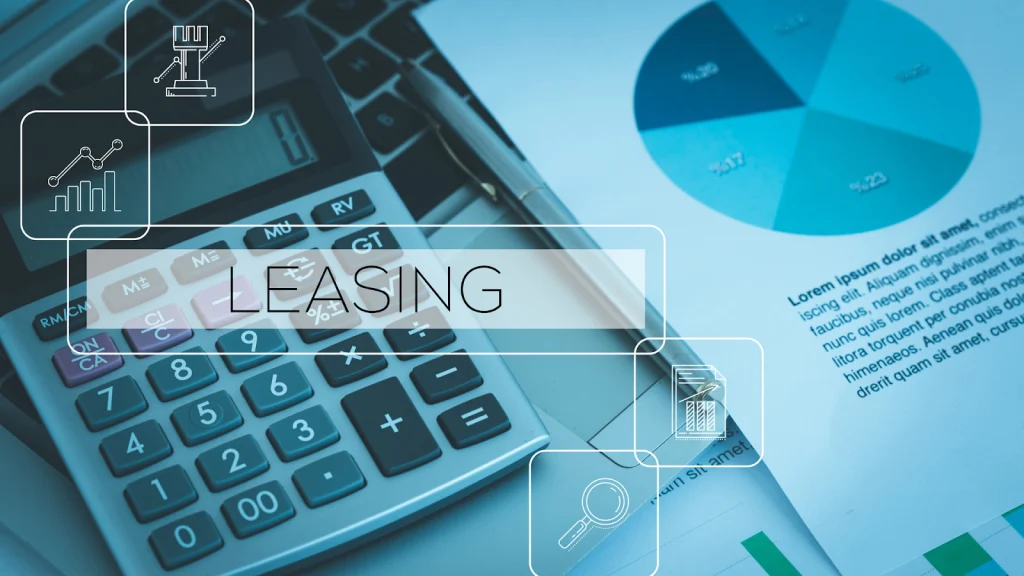Pen-and-paper lease management is a thing of the past, and any business dealing with leases needs good software to keep things running smoothly. It can get overwhelmingly fast if you’re juggling multiple commercial real estate leases. Lease management software offers a streamlined way to organize all your key documents—think financial agreements and legal contracts—and keep track of important details in one spot.
As your business grows, so does the complexity of managing leases. Thankfully, there are plenty of lease management tools out there. We must consider some things when choosing the right one for your needs.
1. What Your Business Needs
When choosing the right lease management software, consider what you need it to do. Are you managing a few straightforward leases or handling complex agreements across multiple properties? Some businesses might need just the basics—simple tracking and management—while others require advanced features to comply with complicated lease accounting standards, like ASC 842 or IFRS 16.
It’s also wise to consider your future needs but be cautious about choosing software with too many extra bells and whistles that you’ll never use. The ideal software is adaptable, like a tool that can be customized to meet your specific needs and expand your business.
2. Proven Implementation
Many software solutions claim to manage lease administration and accounting effectively but verifying these claims is important, especially for first-time buyers. Consider the vendor’s track record:
- How often have they successfully implemented their software?
- What’s the typical timeframe for implementation?
- Have there been any significant issues with past implementations?
Knowing a vendor’s history helps you avoid ineffective solutions and find the right one.
Focusing solely on lease accounting might cause you to miss out on the benefits of managing your entire lease portfolio. Investing in a solution that handles lease accounting and management allows your organization to achieve compliance and better understand your entire lease portfolio, optimizing oversight and financial performance.
3. Compliance Verified
It’s important to make sure any lease accounting software you consider is up-to-date with the latest FASB and IASB standards. This is especially relevant as accounting standards for private and public companies have evolved, complicating financial reporting and asset management. With frequent changes and shifting deadlines, staying compliant can be a challenge.
Ensure that a third party has verified the software’s ability to produce reports compliant with FASB ASC 842 and IFRS 16 standards. It’s important that your accounting team can rely on these reports for accurate compliance.
4. Its Impact On Your Business
When selecting lease administration software, it’s essential to consider its impact on your business. Here are some key considerations:
- How useful is the software for your daily operations?
- What are the risks of choosing the wrong software?
- What are the consequences of missing implementation deadlines?
You don’t want to risk your business if there are implementation delays or if the software isn’t regularly updated.
Every company has unique needs for lease management. Selecting software that lets you customize data fields and workflows to match your specific requirements is vital. Whether you need to monitor additional lease details or establish custom lease approval procedures, adaptable and customizable software can seamlessly integrate with your business processes, boosting efficiency and aligning with your existing operations.
5. Lastly, Secure Data Hosting
Choose a thorough audit system to ensure the security and accuracy of your lease data and financial information. Our twice-yearly audits review our policies and procedures and accounting calculations, offering you peace of mind that your data is safe and correctly handled.
Managing commercial leases involves handling a lot of sensitive information. Your new system must prioritize data security. Opt for software that protects your data, including features like advanced firewalls and automatic alerts for new logins, to minimize the risk of security breaches.

